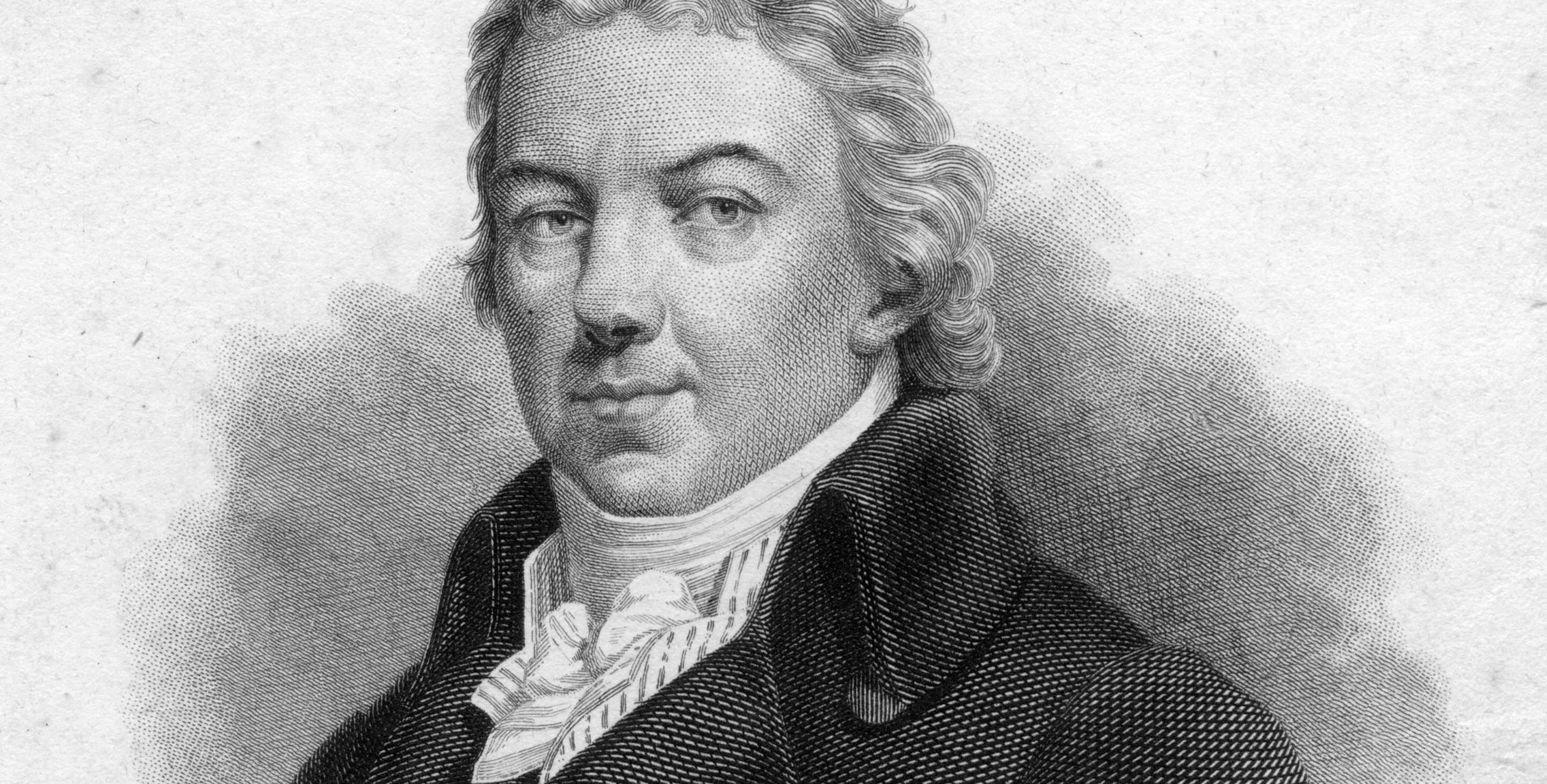Edward Jenner, FRS FRCPEThe Father of Vaccination

Before 1796, the only known way to prevent smallpox infection was to deliberately infect a person with scabs from a person with smallpox. This deliberate infection was called variolation, and it was done under the supervision of a physician or someone who knew how to give just enough infectious materials to elicit an immune response without a full-blown infection. The latter was not always the case, but the severity and risk of death from variolation were lower than the risk of acquiring smallpox “the natural way.”
In May 1796, a British physician named Edward Jenner tested his hypothesis that direct inoculation of a person with the much milder and less deadly cowpox would render that person immune to smallpox. Jenner based this theory on his observations of milkmaids. Those milkmaids who had acquired cowpox through their contact with cows were immune to smallpox even when exposed multiple times to the deadly disease. There is also ample evidence that Jenner had studied the findings of other researchers of his time, who reported a similar protective effect from having cowpox. However, it was Edward Jenner’s detailed description of his experiments that convinced his colleagues and the authorities that inoculation with cowpox -- which he called vaccination -- was preferable in terms of safety to variolation.
Edward Jenner was born in 1749 in Berkeley, Gloucestershire, England. At the early age of 14, Jenner apprenticed for 7 years with surgeon Daniel Ludlow. Then, at the age of 21, Jenner attended St. George’s Hospital in London, where he continued his medical studies. In 1788, he was elected fellow of the Royal Society. His keen observations of the nested cuckoo, and his publication of those findings, earned him that distinction.
It was that same ability to observe and describe events around him that led to the publication of his findings of a series of case studies on people exposed to cowpox and rendered immune to smallpox. Together with his experiment on James Phipps, his observations earned him the recognition of being the first person to develop a successful vaccine against smallpox. By 1803, Jenner’s findings were translated to French and Spanish, and the King of Spain launched a vaccination campaign to the Americas and the Far East.
Throughout his life, Edward Jenner received many accolades for his contribution to the understanding of infectious disease. This was at a time when the prevailing theory of infectious disease was miasma theory, a theory stating that it is “bad air” causing disease. It would not be until later in the 1800s that the next and current theory of disease, germ theory, would be proven by Louis Pasteur and others, building on Jenner’s work.